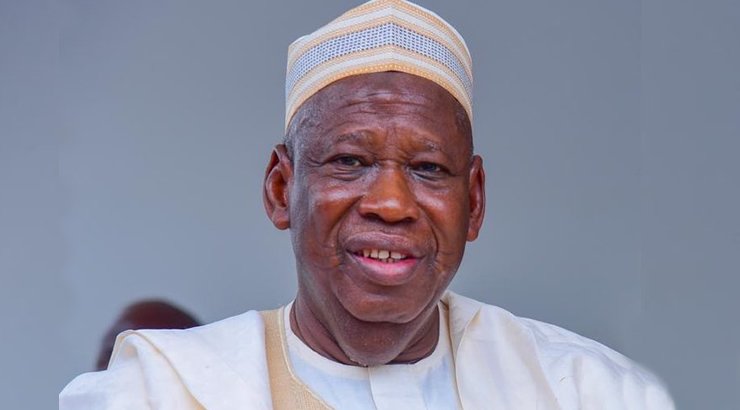In a remarkable demonstration of responsible journalism and institutional transparency, some national dailies and broadcast stations in Nigeria have publicly apologised to the Department of State Services (DSS) over their earlier reports concerning the agency’s role in the crisis at the Lagos State House of Assembly.
This unprecedented move signals a growing maturity in media-intelligence relations and underscores a broader commitment to truth, accountability, and national security. It also reflects an evolving media landscape in Nigeria, where ethics and professionalism are taking centre stage over sensationalism and speculation.
On February 17, 2025, media platforms—including Africa Independent Television (AIT), Channels Television, Tribune, The Guardian, and Blueprint newspapers—reported that DSS operatives had forcefully invaded the Lagos State House of Assembly amid a leadership tussle between the then-ousted Speaker, Mudashiru Obasa, and the newly installed Speaker, Mojisola Meranda. The reports framed the DSS as an aggressor, interfering in a political crisis without justification.
However, in a swift and detailed response, the DSS clarified its role through an official letter, stating that its operatives were invited by the Clerk of the Assembly, alongside police personnel, to prevent an anticipated invasion by hoodlums. The agency emphasised that its intervention was purely to maintain law and order, which falls within its core mandate.
Concerned that the misleading reports could tarnish its image and misinform the public, the DSS, through its legal counsel, formally demanded a retraction and an apology from the concerned media outlets. The letter also indicated that failure to comply would result in legal action, including both civil and criminal proceedings.
In a rare but commendable show of responsibility, the media houses involved acknowledged their mistake, promptly retracted their reports, and issued public apologies. This action demonstrates an increasing level of professionalism within Nigeria’s media landscape—one that prioritises facts over sensationalism and is willing to correct errors when necessary.
This development is significant for several reasons. First, it reaffirms the principle that journalism, as the fourth estate of the realm, carries not only the right to report but also the duty to ensure accuracy and fairness. The willingness of these media houses to issue apologies and correct their errors showcases ethical journalism at its best.
Second, it reflects a growing culture of dialogue and engagement between the intelligence community and the media, rather than confrontation. In the past, similar situations may have escalated into prolonged legal battles or open hostility, leading to strained relations between journalists and security agencies. It is gratifying that this time, both parties handled the matter with decorum, paving the way for a healthier working relationship.
The implications of this event extend beyond just one case of media correction. A well-functioning democracy thrives on a robust media sector and effective security institutions. Both entities serve the public interest—one by informing the citizens and the other by ensuring national security. However, when either side operates with misinformation or hostility, it can erode trust and endanger societal stability.
Misinformation, especially on sensitive security matters, can fuel public unrest, damage institutional reputations, and even incite violence. In an era where fake news spreads rapidly on social media, journalists must uphold accuracy and verify their sources before publishing. Sensationalised reports involving security agencies not only create unnecessary panic but also undermine national security efforts.
This case highlights the need for better communication channels between security agencies and the press. It is essential for journalists to verify security-related reports with official sources before publication, while security agencies should also proactively engage the media to provide accurate information.
Institutionalising regular briefings, press workshops, and collaborative training between the media and security personnel can help bridge the information gap and reduce the spread of unverified reports. Additionally, security agencies must understand that a hostile approach towards the media often leads to suspicion and misinformation, whereas open communication fosters a more transparent and informed society.
At the same time, journalists must take their fact-checking responsibilities seriously, ensuring that their reports are based on verified information rather than hearsay. The role of editors in enforcing editorial standards and scrutinising security-related news before publication cannot be overemphasised.
The swift resolution of this matter sets a positive precedent for future interactions between the media and Nigeria’s security agencies. It demonstrates that the media can admit to errors without compromising press freedom, and security institutions can demand fairness without resorting to excessive force or intimidation.
Moving forward, this episode should serve as a lesson for both the press and security institutions to foster mutual understanding, embrace responsible reporting, and work towards a common goal of enhancing national security while upholding the right to accurate and independent journalism.
At a time when misinformation can spread like wildfire, the responsible actions taken by these media houses and the professional approach of the DSS should be celebrated as a win for truth, democracy, and national stability.



